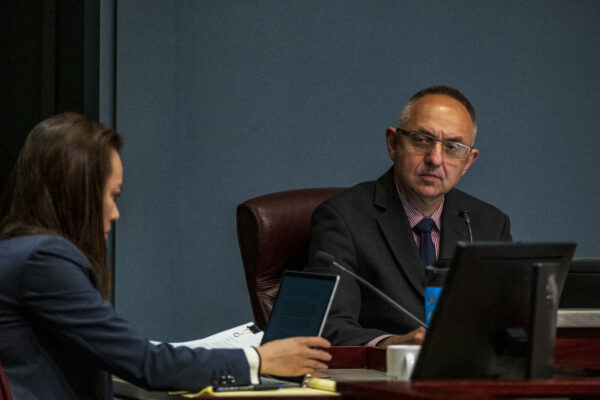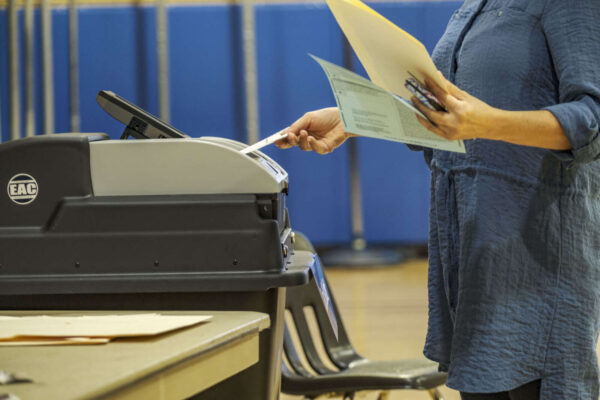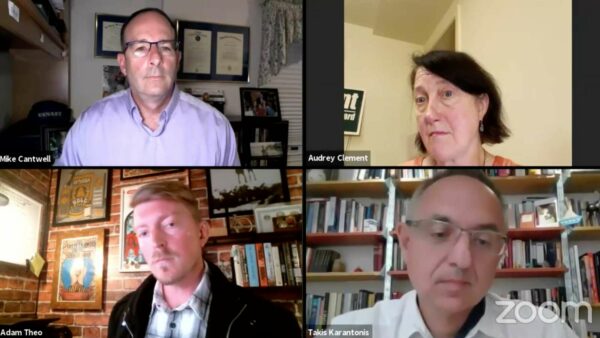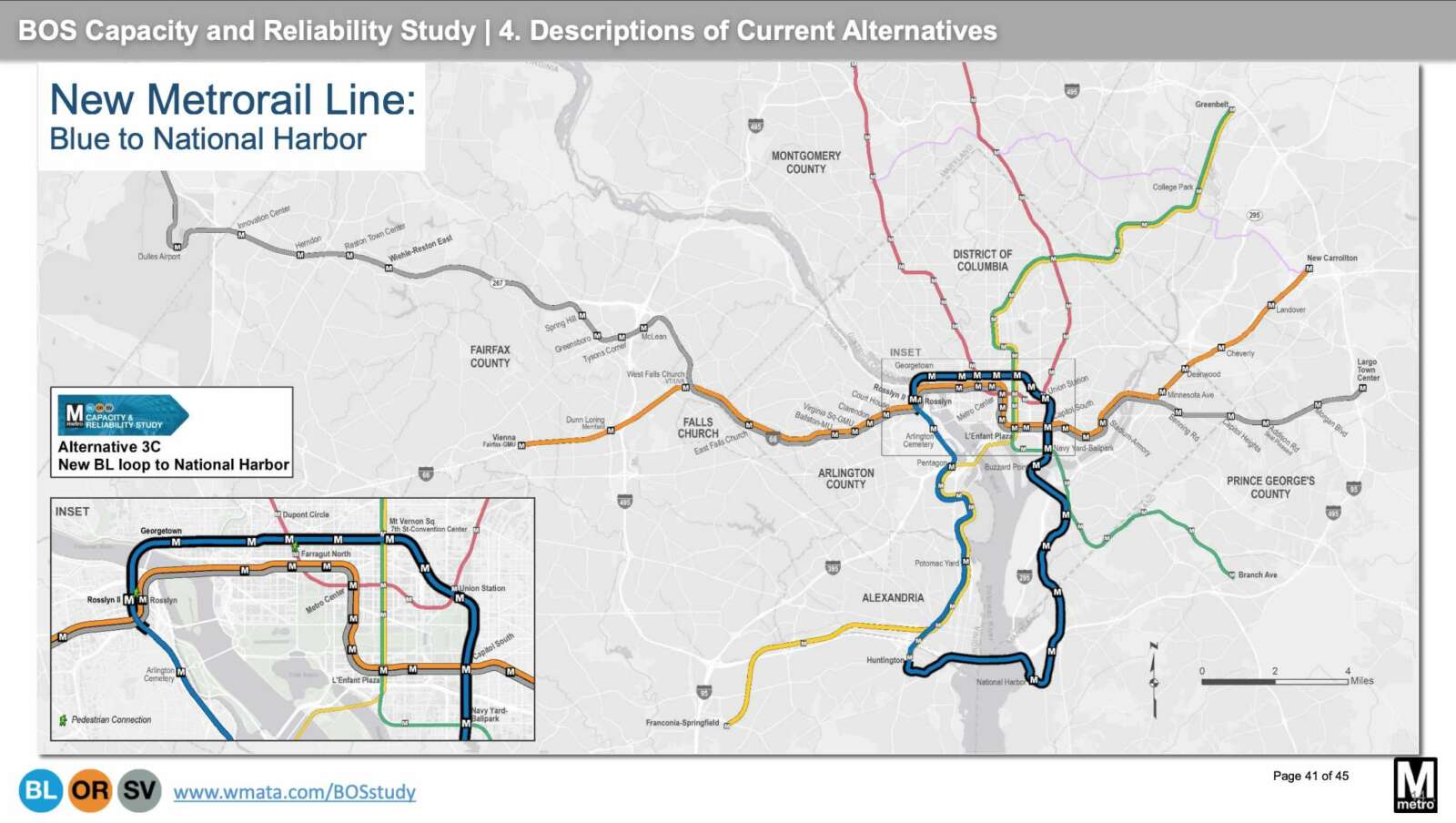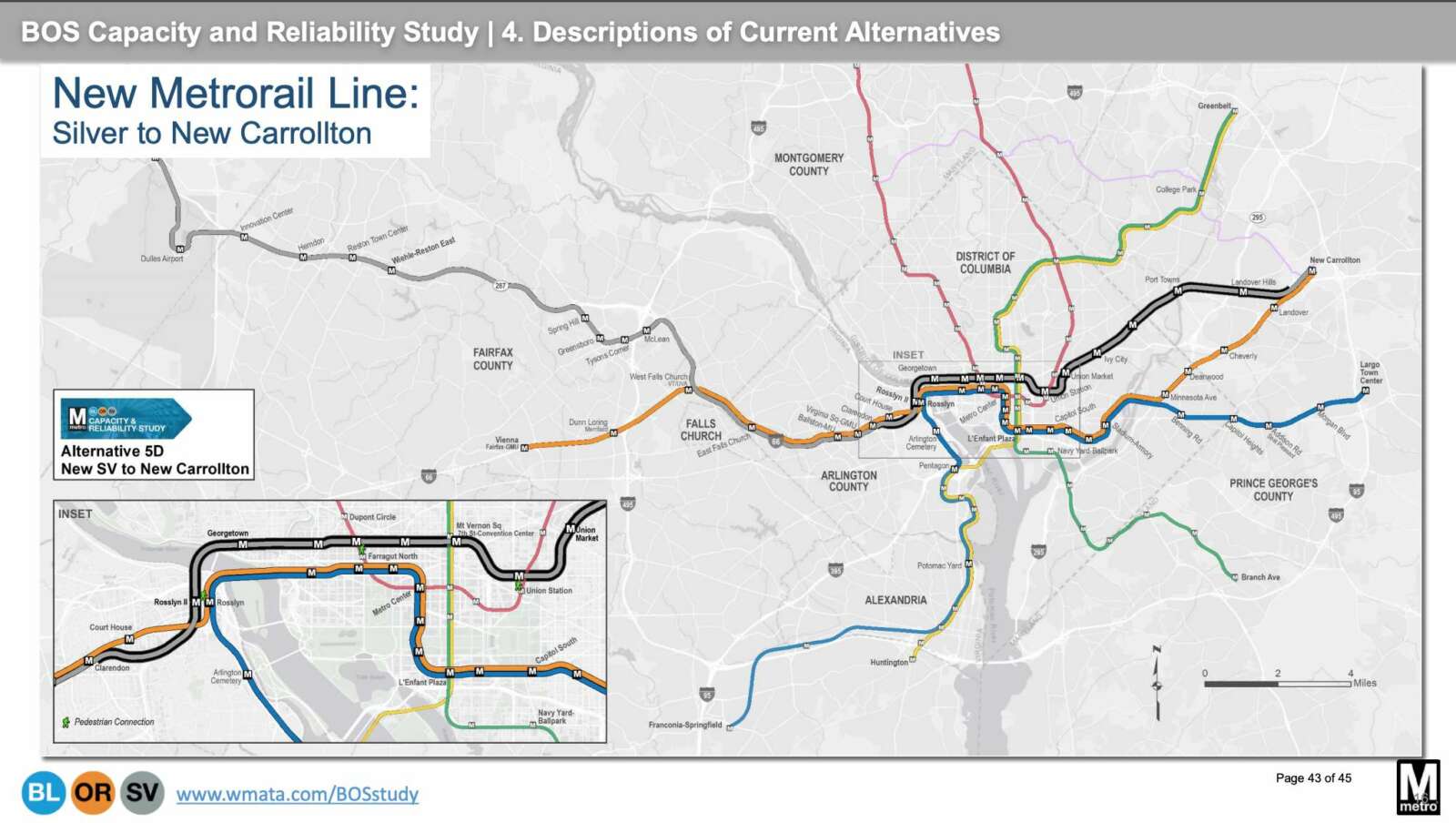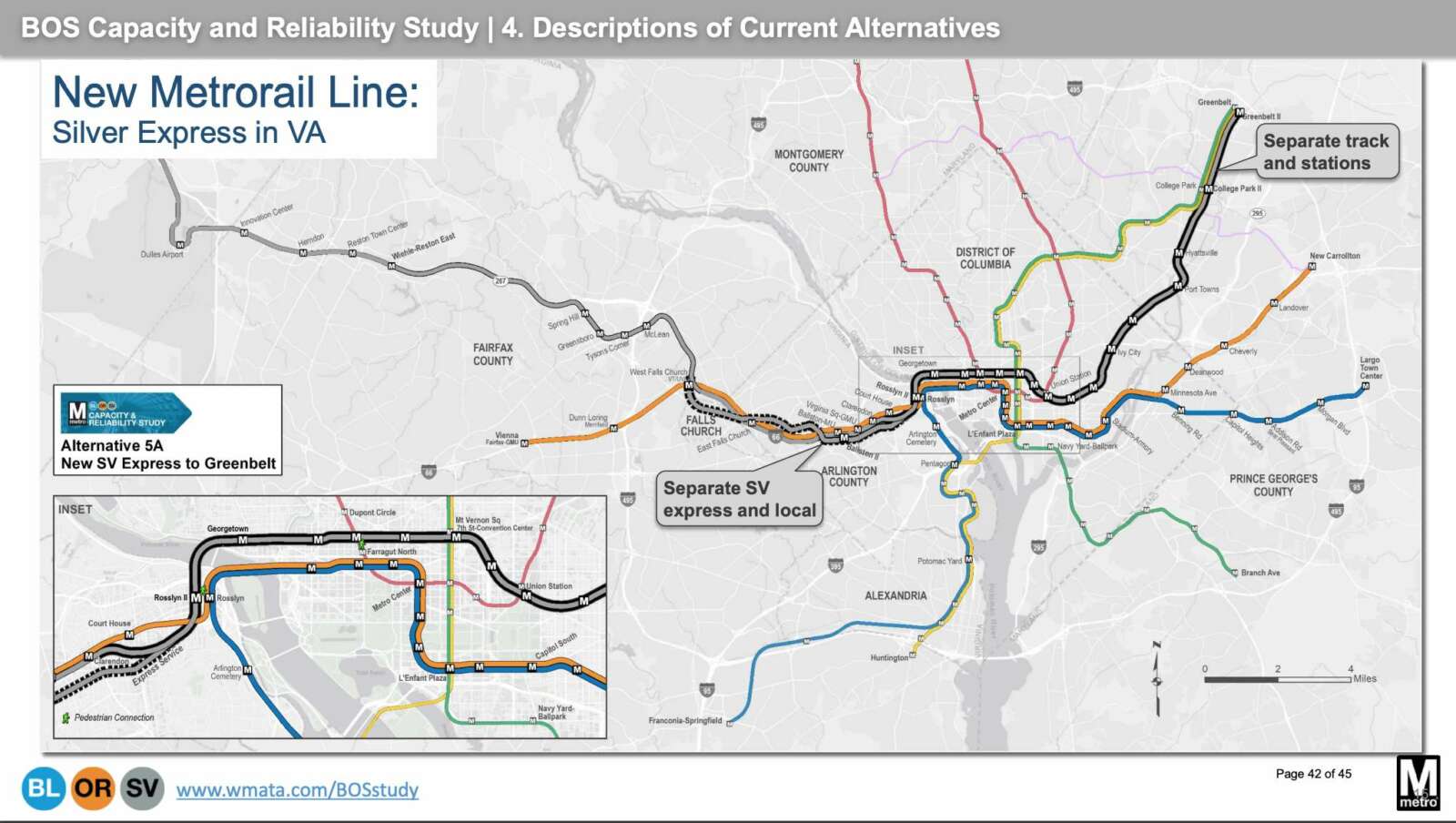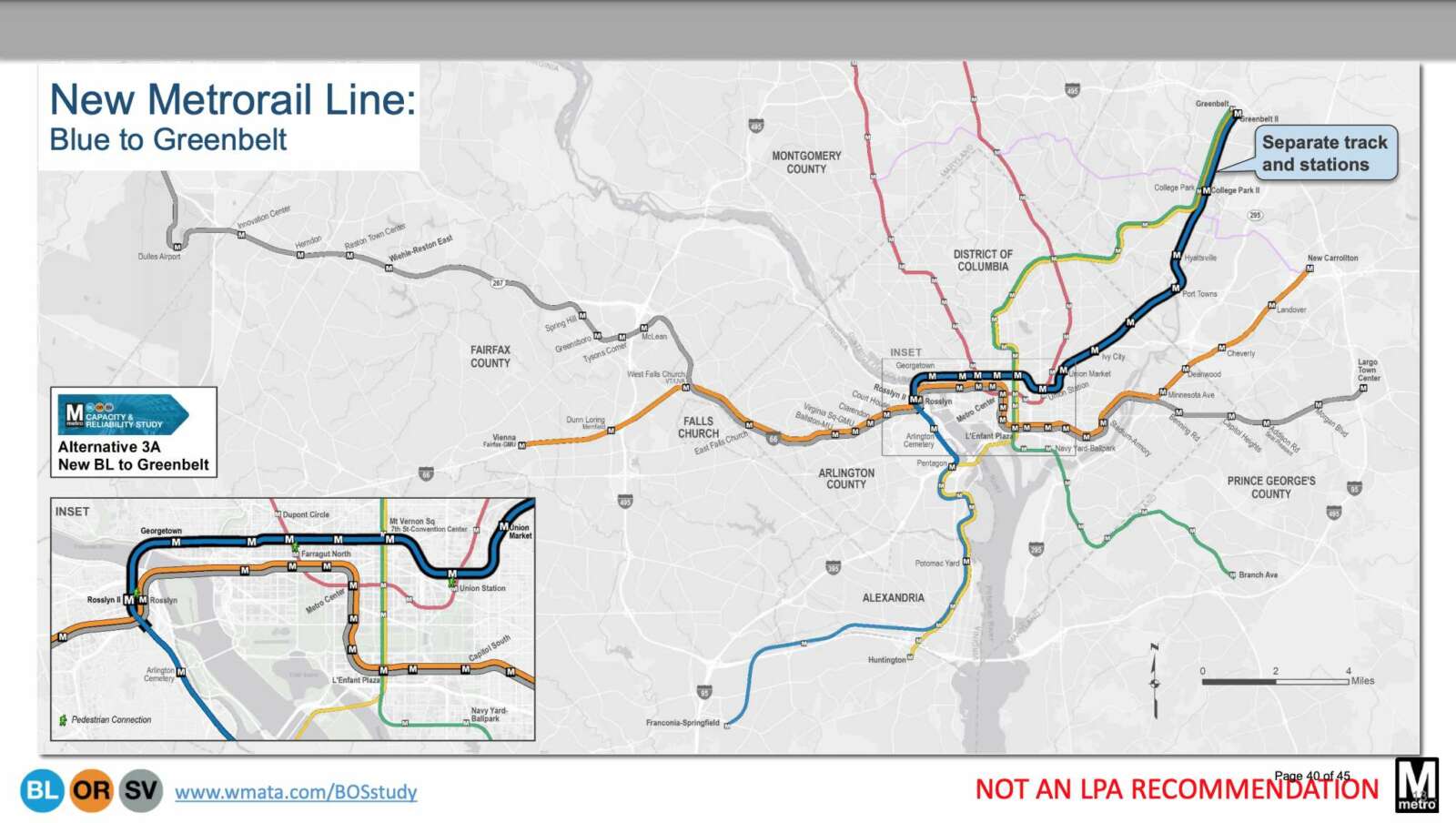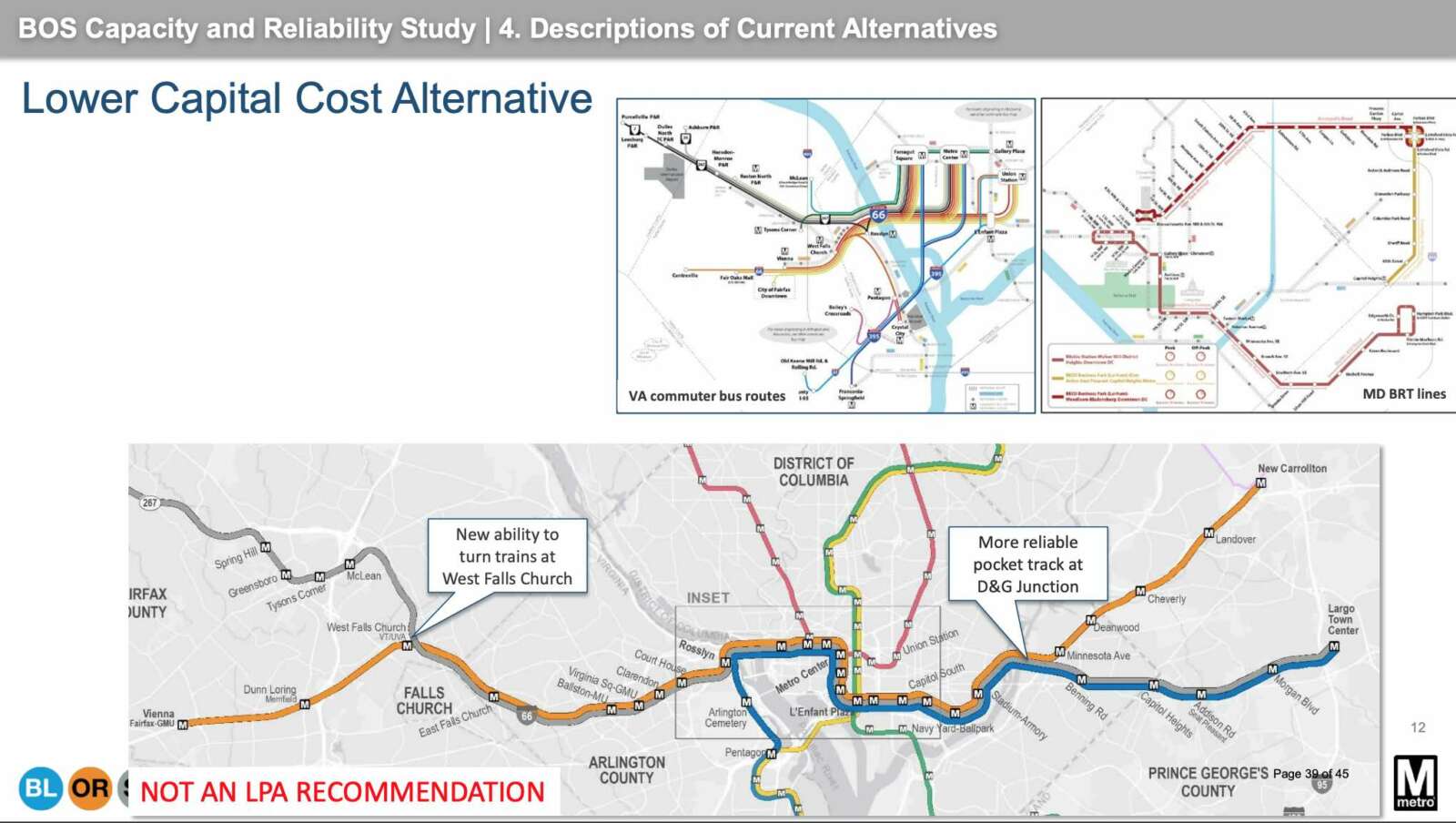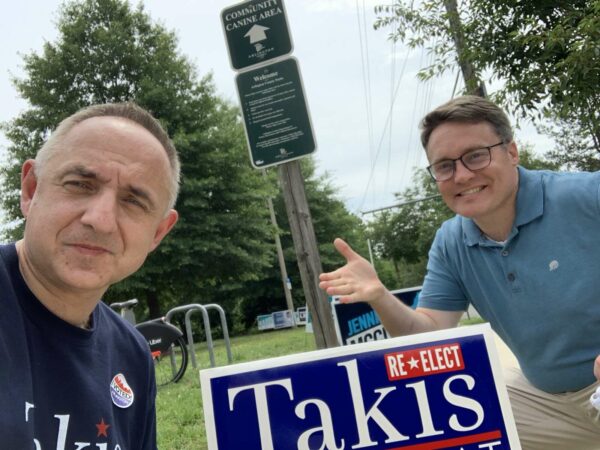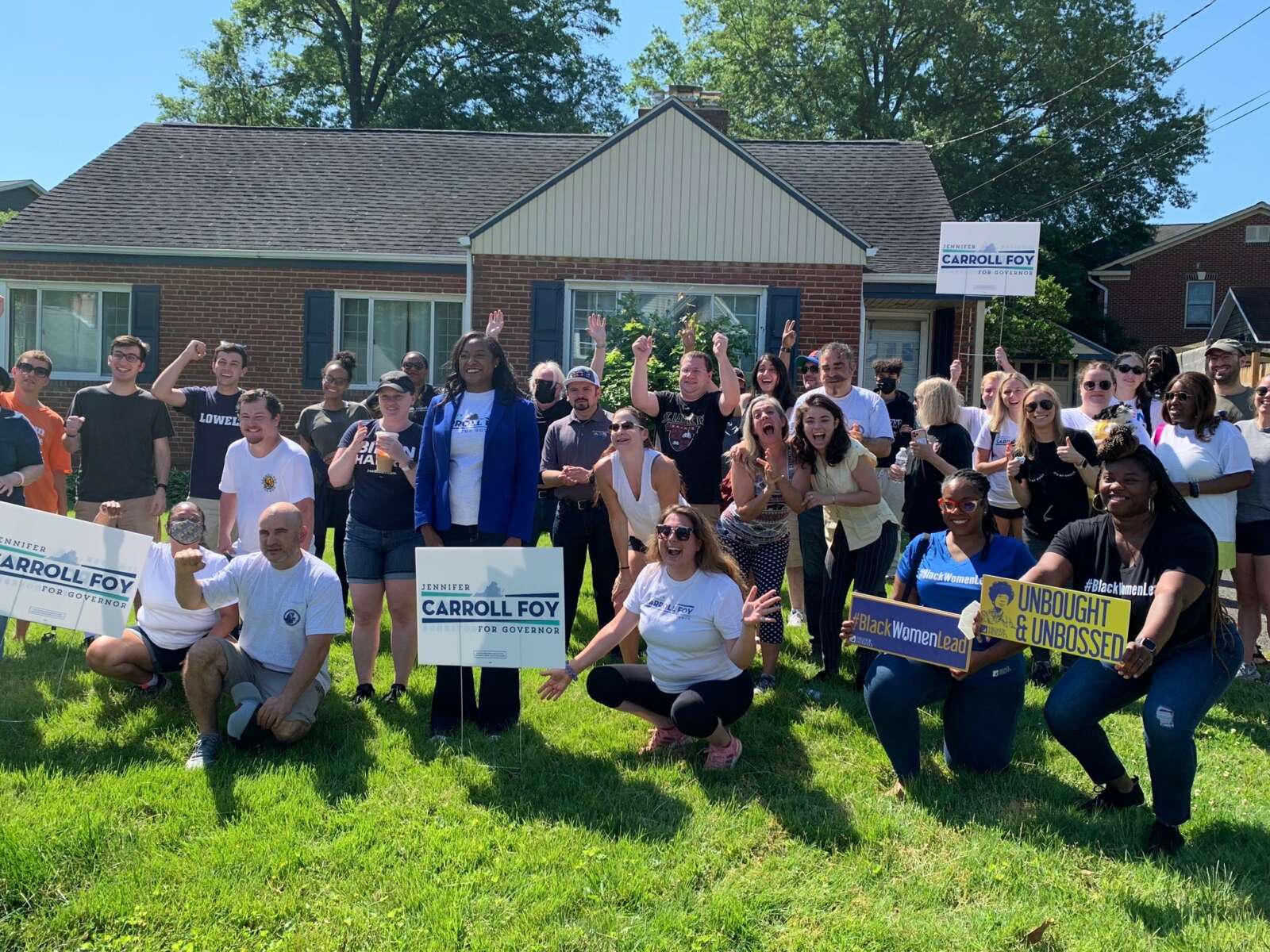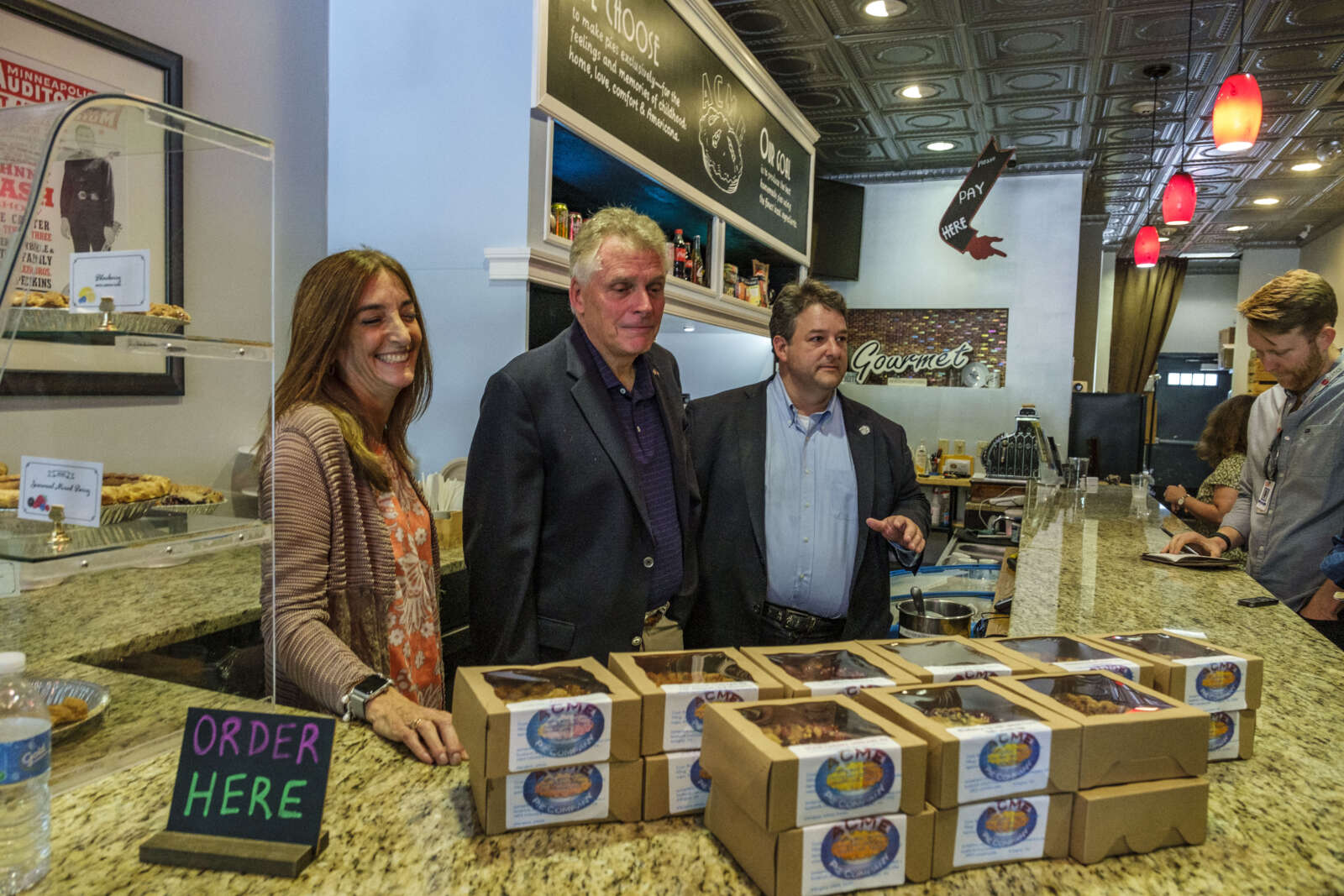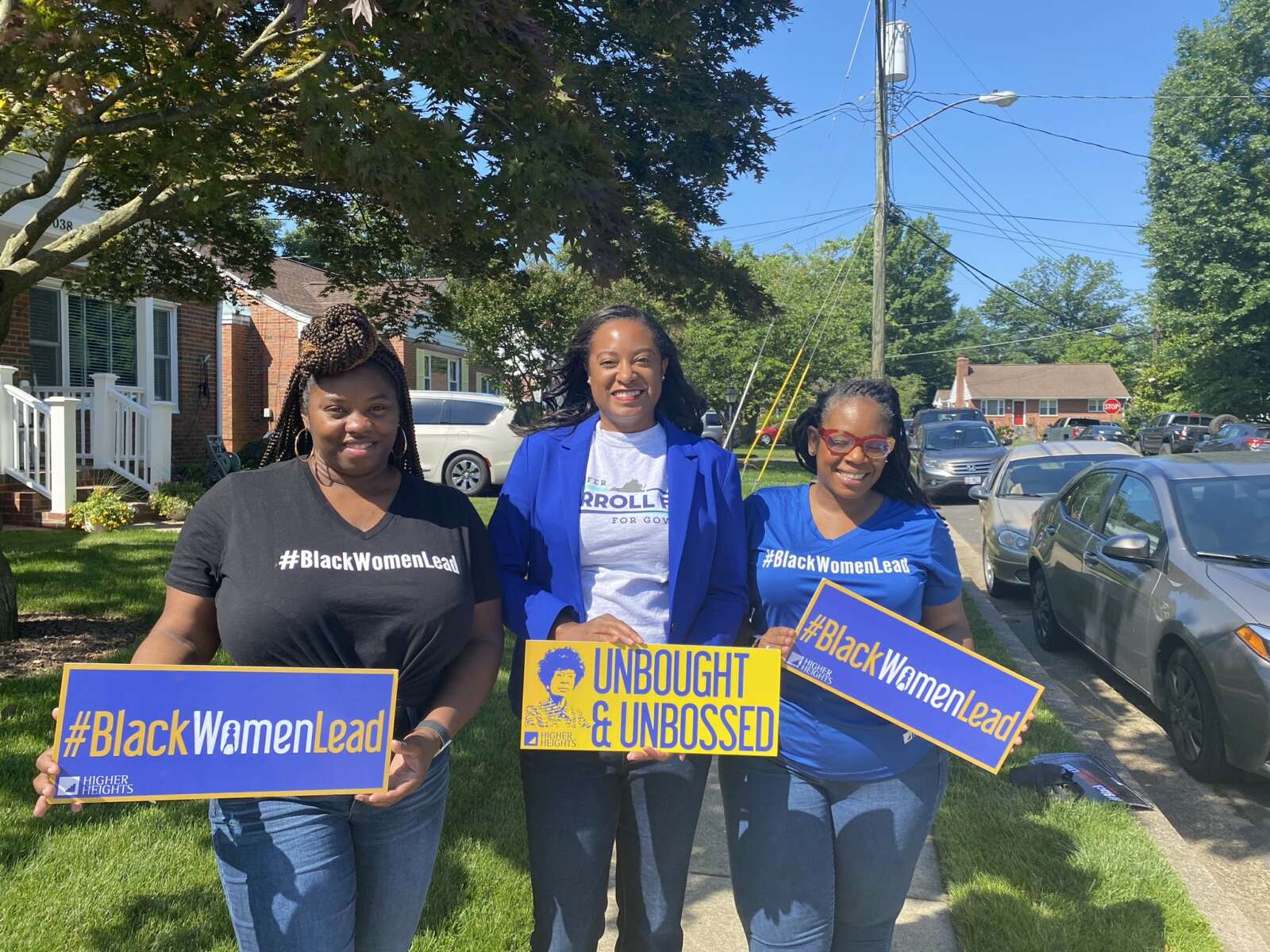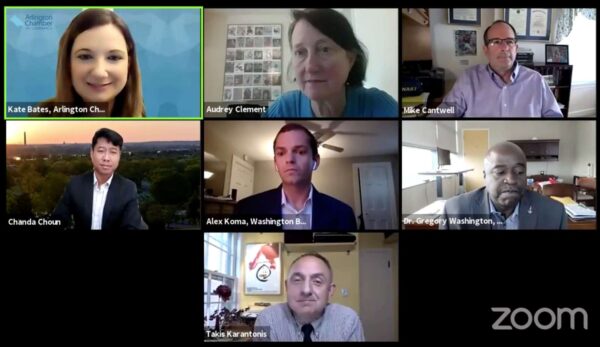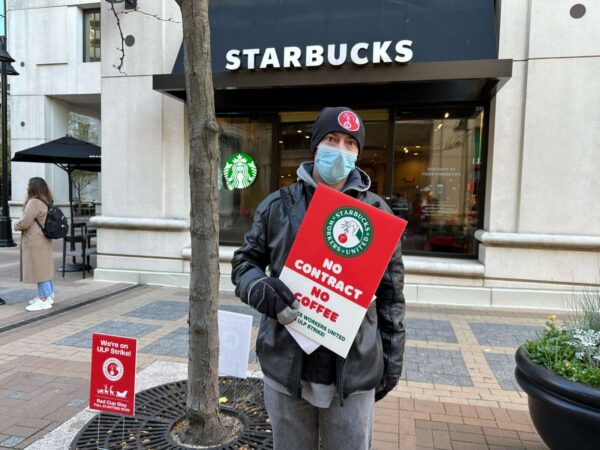
(Updated at 2:25 p.m.) A major rally is being planned for later this week in front of the county government headquarters, in a show of solidarity with recently-unionized Starbucks employees.
The president of the AFL-CIO and Rep. Don Beyer (D-Va.) are both expected to attend, among others.
The rally is one of ten across the county, organized as part of a National Day of Action by Starbucks Workers United. It’s set for this Friday, Dec. 9, at 5 p.m. outside of the Bozman Government Center at 2100 Clarendon Blvd.
Workers at the nearby Courthouse Starbucks who voted to unionize last month and went on strike a week later.
Organizers say Liz Shuler the president of the AFL-CIO, the largest federation of unions in the country, will be there and speaking. Plus, a number of state and local elected officials are planning to attend, including Beyer, State Sen. Adam Ebbin (D-30), and Del. Alfonso Lopez (D- 49).
Several County Board members are also expected to attend, including Christian Dorsey, Matt de Ferranti, and Takis Karantonis.
Speeches are planned from Shuler, Beyer, and several regional union leaders — including Arlington and Fairfax County teachers union presidents, who will say they will be rejecting Starbucks gift cards as holiday presents for this year in protest.
THIS FRIDAY (12/9): Stand up against Starbucks Corporate bullies at the @SBWorkersUnited Solidarity rally at the Bozman Government Center Plaza in Arlington, VA at 5pm! Pizza party afterwards at Fireworks Pizza! #SolidarityIsBrewing
RSVP: https://t.co/lzpahW0ABE pic.twitter.com/91kQEjaFZs— Metro DC DSA Labor Working Group (@mdcdsa_labor) December 5, 2022
This “Day of Action” is also meant to ask Starbucks to stop “bullying” unionized employees and to highlight its workers’ right to organize.
“The purpose of the Day of Action is for the entire community to tell Starbucks to stop its union-busting and respect its workers’ right to organize,” says a press release.
Dec. 9 marks the one-year anniversary of the first Starbucks union election victory in Buffalo, New York. Since then more than 260 stores have voted to unionize, involving more than 7,000 workers.
Over the last year, the coffee behemoth has been hit with hundreds of unfair labor practice charges, including retaliatory firings, closing union stores, and withholding benefits from employees. The National Labor Relations Board (NLRB) is investigating more than 300 of these accusations.
On Nov. 9, Starbucks employees at the Courthouse Plaza location voted to unionize and join Starbucks Workers United. It was the second D.C.-area Starbucks to do so. Union members told ARLnow at the time they were seeking better pay, more consistent hours, and uniformly enforced rules and regulations.
Employees went on strike shortly thereafter.
“Starbucks has been dragging its feet coming to the negotiation table,” employee and union member Sam Dukore said at the time. “And even when they do, their lawyers stand up after like a minute and a half or so and just leave. And that is not negotiating in good faith.”
Since the strike several weeks ago, “the company is still not coming to the bargaining table” a union spokesperson told ARLnow.


